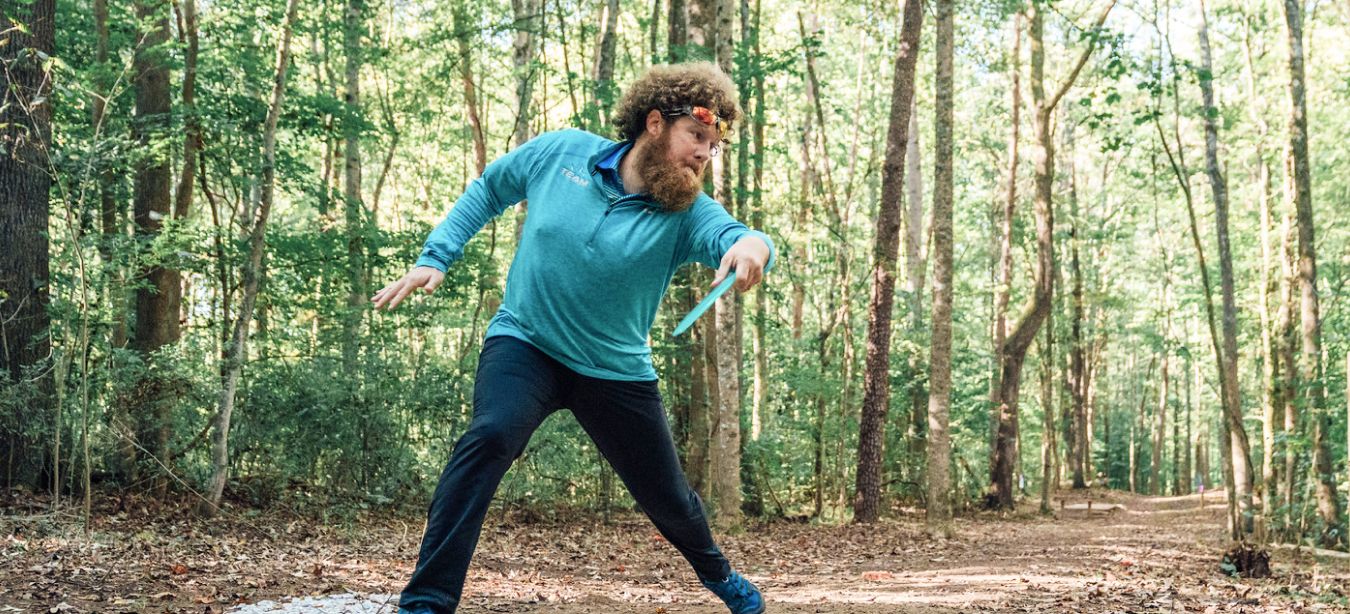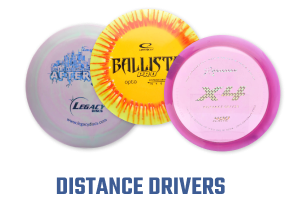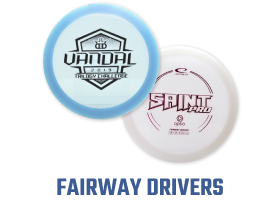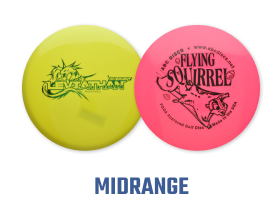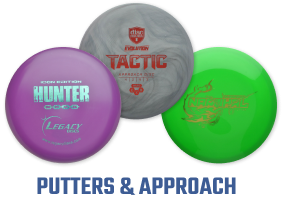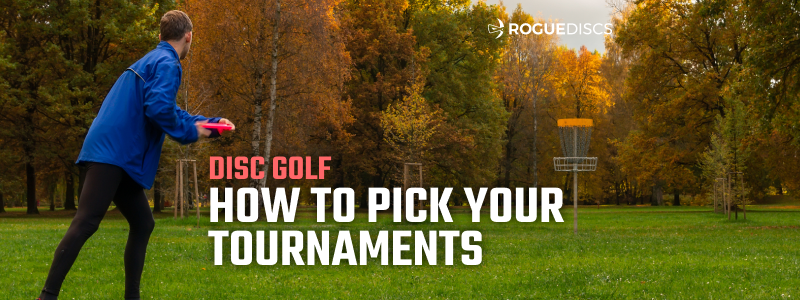
Can you hear it? The birds are chirping and the disc golf season is upon us! For some of us, this means simply going to play casual rounds while for others this means the tournament schedule is released and we get to pick our schedule for the year. For those of you simply playing casually, why not enter a tournament or two this year?? There are more tournaments than ever and many are geared towards amateurs and beginners.
Once you are solid in your conviction of playing a tournament, it is time to plan. How many tournaments do you want to play? How far do you want to travel? What Tier tournaments do you want to play? What Division will you play in? What are your goals for the season? Let’s break this all down.
Become a PDGA Member
It’s just like people talking about potential international travel but they don’t have their passport. It’s all hypothetical until you get your card. Getting your membership will take tournament play from being an abstraction of the mind to a tangible reality. Just do it if you haven’t already. It’s less than 100 bucks and you keep your PDGA number for life even if you do not renew every year. There are many benefits to becoming a PDGA member including discounted tournament entry fees, player ratings, and statistics for your tournament play. Also, starting this year, only PDGA members are allowed to enter into B-tier and above tournaments.
Decide Your Division
Once you have become a PDGA member it is time to decide which division you will play in. The PDGA website breaks down each division in detail for more ease of entry. Be modest with yourself at first as it is always more beneficial to move up the ranks than to get in over your head and need to move down. Divisions are divided into men and women. From there, divisions get divided into Open (professionals playing for money) and Amateur (playing for swag and trophies). Once a player accepts cash in the Open division they are not allowed to play amateur (there are caveats to this rule but I recommend to start working your way through the amateur divisions until you are good and ready for the pros).
The Open divisions then get further divided into age-restricted divisions for each gender. Amateurs are divided into multiple tiers starting with Advanced and moving down in skill level. Below is a breakdown of divisions with their abbreviations in parenthesis. Many tournaments will simply use these abbreviations to delineate each division. The PDGA website provides a more thorough breakdown of each division.
Amateur Divisions
- Advanced Men (MA1)
- Intermediate Men (MA2)
- Recreational Men (MA3)
- Novice Men (MA4)
- Master Men 40+ (MA40)
- Master Men 50+ (MA50)
- Master Men 55+ (MA55)
- Advanced Women (FA1)
- Intermediate Women (FA2)
- Recreational Women (FA3)
- Novice Women (FA4)
- Master Women 40+ (FA40)
- Master Women 50+ (FA50)
- Master Women 55+ (FA55)
Professional Divisions
- Open Men (MPO)
- Open Men 40+ (MP40)
- Open Men 50+ (MP50)
- Open Men 55+ (MP55)
- Open Women (FPO)
- Open Women 40+ (FP40)
- Open Women 50+ (FP50)
- Open Women 55+ (FP55)
Divisions continue to be separated by five years. Each division must have at least three players per tournament or they will get lumped in with another division.
Set Goals
Before selecting tournaments I highly recommend setting goals for your season. This is a great practice to ensure your development throughout the year. Players are able to see tangible progress which creates momentum. The main aspect of goal setting is to make them realistic. You do not want to be at a tournament and feel like you are underachieving due to setting an unrealistic goal. I saw this all the time when I played in the Amateur ranks. Players would be extremely hard on themselves at tournaments simply because they were not living up to unrealistic expectations they placed on themselves. Let yourself play relaxed!
For example, you are an MA2 player wanting to raise your player rating and possibly sign up for some tournaments in MA1 towards the end of the year. Instead of setting a goal for a specific rating, it is more beneficial to set a goal of finishing a certain number of tournaments in the top 10. Or a goal to play on a certain number of lead cards before you make the leap to the next tier. Or even simpler to go through your pre-shot routine on every single shot. Goals that are geared more towards preparation are extremely beneficial for garnering results in tournaments.
Pick Out Your Tournaments – Where, When, and Why?
For starters, you will want to see what tournaments are available. The central hub of tournament play is Disc Golf Scene. This site has all the pertinent information you need for tournaments far and wide. You also register on this site, so make sure you create a profile. Research the various divisions provided at each tournament, how much for the entry fee, tee times or shotgun start, etc. Ask yourself where, when, and why you want to play each tournament. Have intention for your tournaments so this can be channeled into your play.
You will also want to decide on what tier tournaments you want to play. Every tournament is designated a certain “Tier” based on multiple factors broken down in this article from the PDGA website. According to this article:
“There are several levels of PDGA-sanctioned events, referred to as Tiers. Each Tier has its own set of requirements and regulations based on the PDGA Tour Standards. Higher Tiers of events, which include World Championships, PDGA Majors, Elite Series events, A-Tier events, and (beginning January 1, 2022) B-Tier events require current PDGA membership in order to participate. PDGA Majors and Elite Series events also require that the competitors have passed the PDGA Certified Official Rules Exam and registered as a Certified Rules Official with the PDGA. For C-Tier events (and B-Tier events held prior to January 1, 2022), any player who is not a current PDGA member may participate by paying a per-event fee of $10 (unless playing in a Junior division in which case there is no such fee). Players who are not current PDGA members may play in PDGA Leagues without any additional fee.”
With the massive growth of disc golf in the last few years, it is also important to take note of the registration date and time. I highly recommend making a list of tournaments you wish to sign up for and put the registration information on your calendar. Many tournaments sell out in minutes and you don’t want to be left floundering on the waitlist unsure if you will get in at the 11th hour. Do your homework and your season will run smoothly.
Overnight Travel for at Least One Tournament
The disc golf community is one of enjoyment and inclusion. This lends itself wonderfully to a disc golf road trip. Whether it is a big tournament you have watched on coverage or simply an in-state tournament a short drive away I recommend playing a tournament where you stay away from home for at least a couple nights. This should always include a practice round the day before the tournament, as well as participating in any extracurricular activities provided by the Tournament Director (TD). Generally, there will be a flex start or doubles tournament the day before the big event. Sometimes there are player parties or night golf or music or a myriad of other activities that an involved TD will provide. Go to these!! This is a great way to grow your disc golf community and meet an eclectic blend of humans.
Traveling takes you out of your comfort zone and puts you squarely in the moment. When experience is new, senses are heightened. This can lead to lasting friendships and also better play in the tournament. For myself, I consistently finish higher in tournaments that I travel for due to these reasons. I simply value the experience more and therefore I value each shot.
Bringing It All Together
Be proactive in planning your tournament season. Instead of being reactionary, come up with a plan for where, when, and why you want to play certain tournaments. Do your research on Disc Golf Scene and let your season come to fruition. 2022 is set to be the biggest PDGA season to date and I hope you get to be a part of it!
